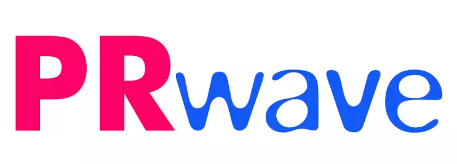PRSA Member Code of Ethics 2000

SAFEGUARDING CONFIDENCES
Core Principle
Client trust requires appropriate protection of confidential and private information.
Intent
To protect the privacy rights of clients, organizations, and individuals by safeguarding confidential information.
Guidelines
A member shall:
Safeguard the confidences and privacy rights of present, former, and prospective clients and employees.
Protect privileged, confidential, or insider information gained from a client or organization.
Immediately advise an appropriate authority if a member discovers that confidential information is being divulged by an employee of a client company or organization.
Examples of Improper Conduct Under This Provision:
A member changes jobs, takes confidential information, and uses that information in the new position to the detriment of the former employer.
A member intentionally leaks proprietary information to the detriment of some other party.
CONFLICTS OF INTEREST
Core Principle
Avoiding real, potential or perceived conflicts of interest builds the trust of clients, employers, and the publics.
Intent
To earn trust and mutual respect with clients or employers.
To build trust with the public by avoiding or ending situations that put one’s personal or professional interests in conflict with society’s interests.
Guidelines
A member shall:
Act in the best interests of the client or employer, even subordinating the member’s personal interests.
Avoid actions and circumstances that may appear to compromise good business judgment or create a conflict between personal and professional interests.
Disclose promptly any existing or potential conflict of interest to affected clients or organizations.
Encourage clients and customers to determine if a conflict exists after notifying all affected parties.
Examples of Improper Conduct Under This Provision
The member fails to disclose that he or she has a strong financial interest in a client’s chief competitor.
The member represents a "competitor company" or a "conflicting interest" without informing a prospective client.
Articole recomandate:
Cum transformi o conferință de business într-o experiență imersivă de brand
Asociația ANAIS - Unele măști rămân
Case study: Nu ești singur, vom găsi drumul împreună!
“Scrisori pe frunze” pentru Liv.52 de la Himalaya
Ce isi doresc copiii din centre de plasament si cum a ilustrat Gabi Toma dorintele lor
Case study: Comunicare pentru schimbare - Patrula de Reciclare
Case study campania vALLuntar realizata de Editura ALL
Siemens Race 2012 - Case study



